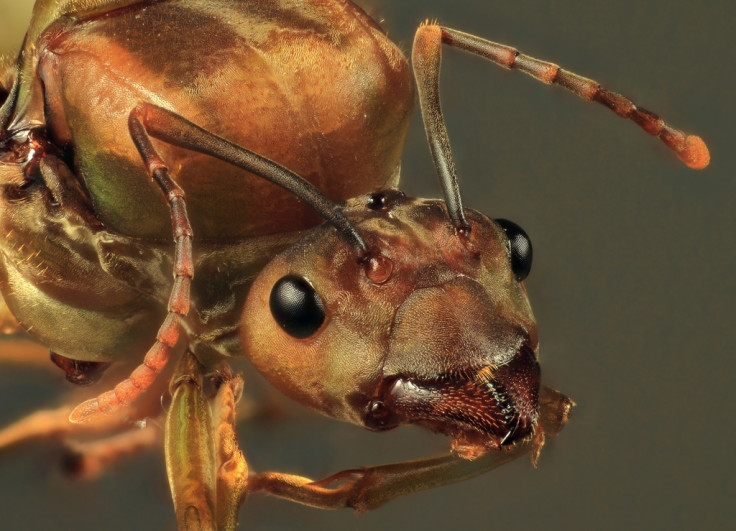Ant queens rip apart and bury dead companions to prevent disease
The gruesome "undertaking behaviours" were found to increase the chances of the new colony succeeding.

New research has found that ant queens perform gruesome "undertaking behaviours" when founding a new colony, to minimise the threat of disease and ensure its success.
A team from the Institute of Science and Technology Austria observed these behaviours in cases where two ant queens co-founded a colony and one of the queens died before the first workers arrived. In these situations, the surviving queens often ripped apart and buried the corpses of their dead companions.
The researchers found that this burial technique was associated with a seven-fold reduction in the odds of the surviving queen dying. The strange behaviour has been observed in worker ants before, but it is considered unusual for queens.
"Ant queens usually focus on reproduction and do not engage in any risky or dangerous tasks," said Christopher Pull, an author of the study.
"That's why we were surprised to find that while ant queens do not avoid founding new colonies with other, sick queens – due mainly to competition for suitable nest sites – they perform undertaking behaviours that may have an impact on their survival. We found that queens that perform these behaviours are actually less likely to contract infections from dead co-founders and are less likely to die compared to those that do not perform undertaking."
The team's findings were published in the journal BMC Evolutionary Biology.
"Most previous research on how ant queens fight disease during colony foundation has focused on their immunological responses after infection has occurred. We set out to investigate how queens behave to prevent contracting infections in the first place. Avoiding infection is important for ant queens because they live solely on the breakdown of fat and muscle until their first workers arrive. Having to expend resources on fighting an infection could affect their reproductive success and the success of the overall colony."
The study looked at the behaviour of black garden ant queens, which sometimes found colonies in pairs.
"This study expands our view about the challenges facing colony-founding ant queens, and how those challenges shape the evolution of queen behaviour, which appears to be far more complex than previously thought," Pull said. "The simplistic view of the founding queen, waiting patiently for her workers to emerge so she can assume the role of egg-producer, is clearly not a comprehensive picture."





















